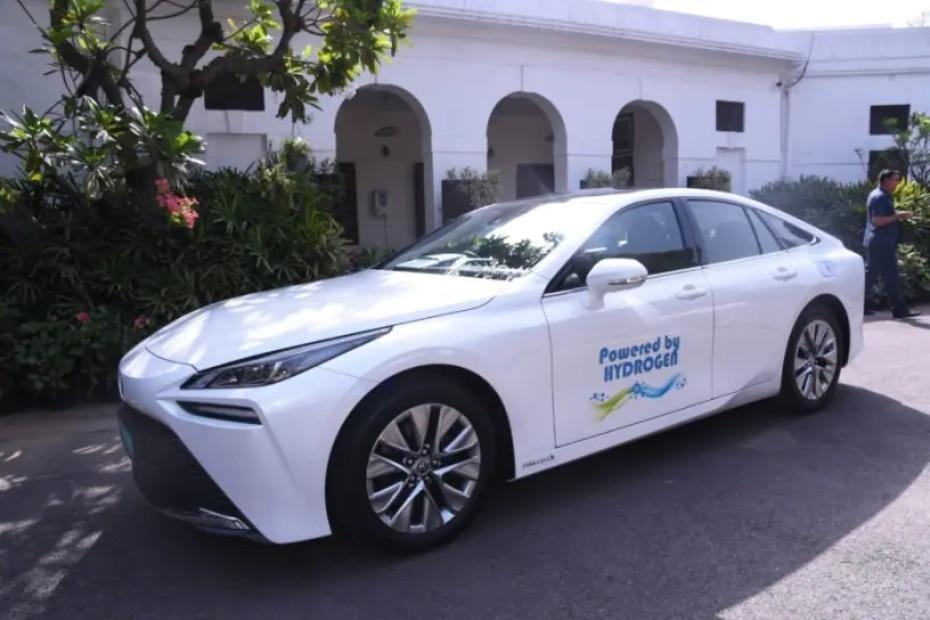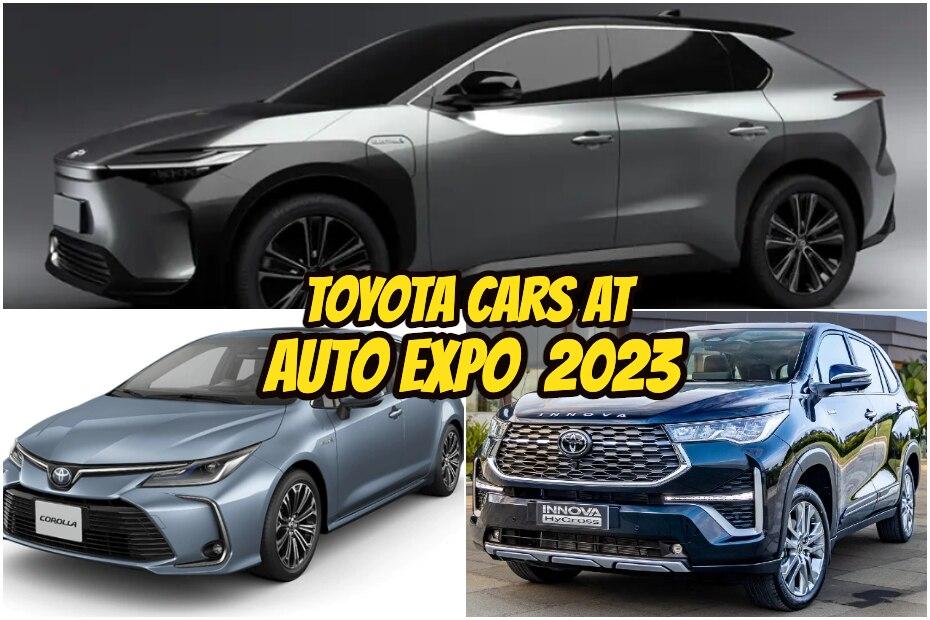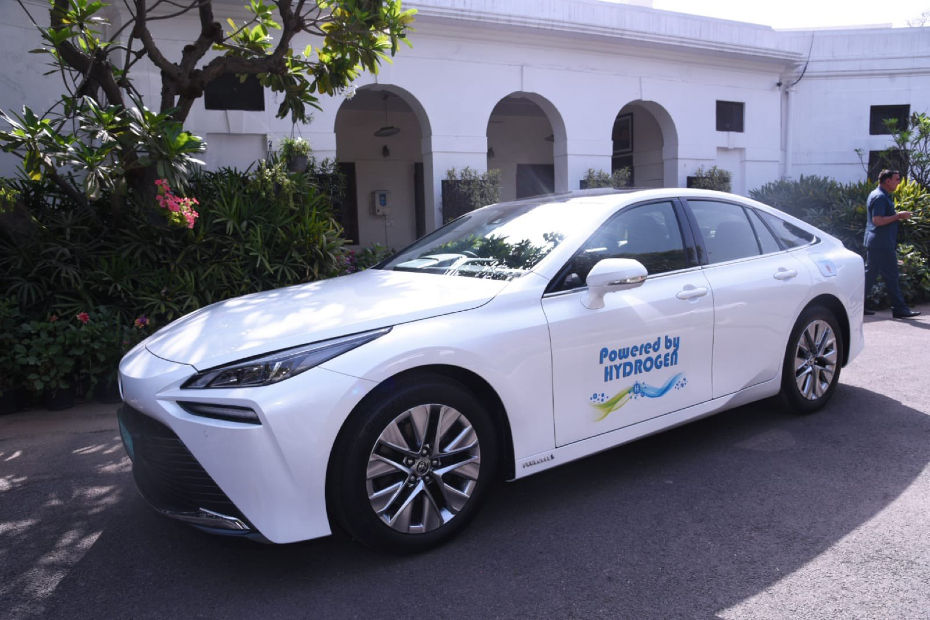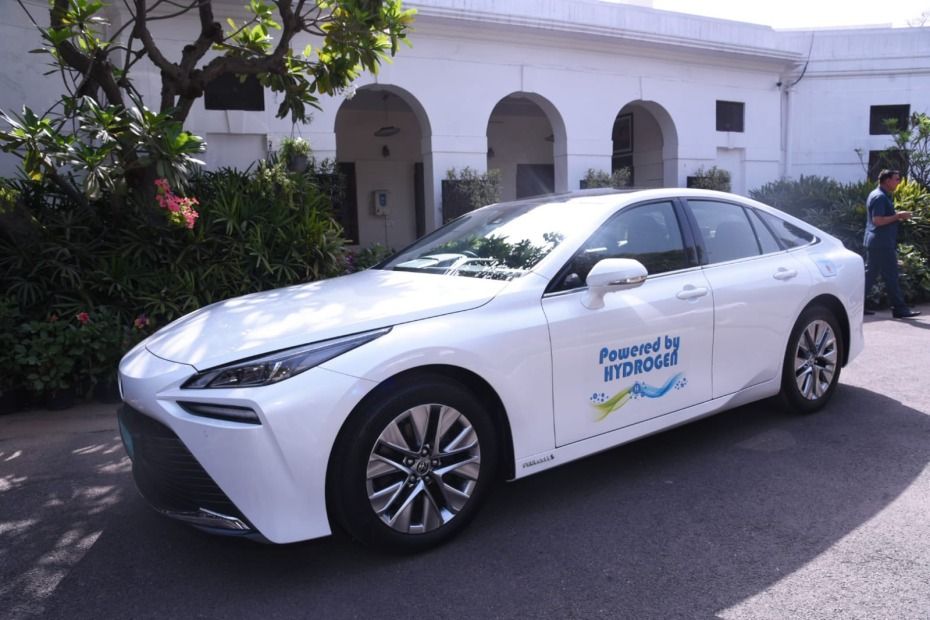Hydrogen Cars Could Benefit From The Upcoming FAME III Scheme
Published On Jul 14, 2023 01:51 PM By Tarun
- Write a comment
However, it remains to be seen if ethanol-powered cars will be included in the new FAME III rules
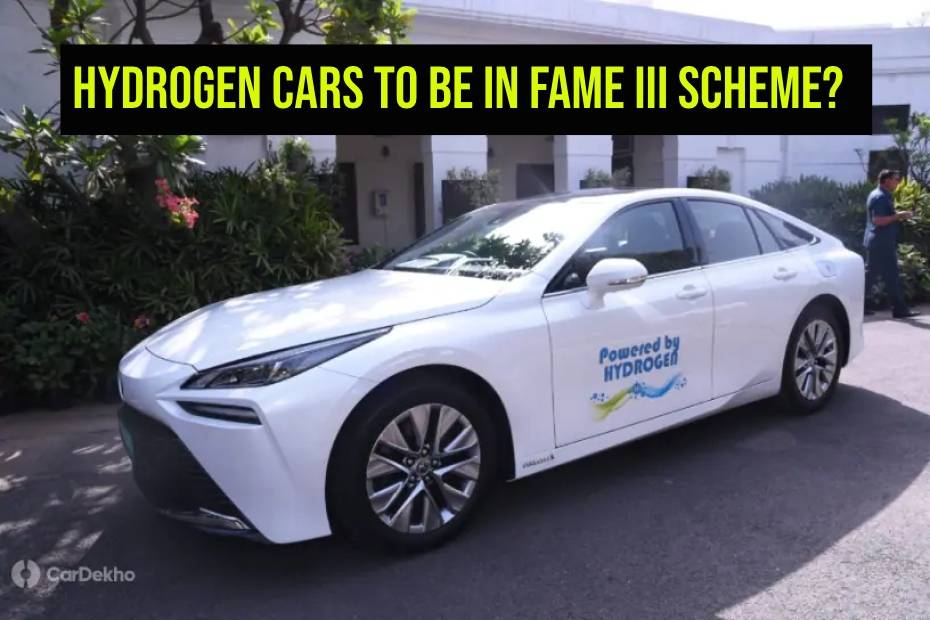
-
The third iteration of the FAME scheme is now in the works.
-
Government sources state it could include alternative fuel cars too.
-
Hydrogen-fueled vehicles are expected to be included; one can also see the inclusion of ethanol-powered cars.
-
The new FAME III scheme could also increase subsidies for electric cars.
-
Currently, Toyota Mirai and Hyundai Nexo are the only hydrogen-powered fuel cell vehicles linked to India.
The Indian government has started its work on the FAME (Faster Adoption And Manufacturing Of Hybrids And Electric Vehicles) III scheme. Fresh reports claim that alternative fuel options like hydrogen could also be included in the scheme.

The current FAME II scheme is limited to hybrids and electric vehicles, but with a serious bias towards the latter. While hydrogen cars are still a developing technology, it could motivate manufacturers to accelerate their efforts. Toyota is currently testing out the Mirai in India, which is a hydrogen-powered fuel-cell vehicle, which we believe could be one of the earliest ones in the market.
Also Read: Maruti’s First Flex-fuel Car Is A Prototype Wagon R Running On E85 Fuel
Other Alternative Fuels

Another alternative fuel type that could enter the mass market ahead of hydrogen, would be ethanol. Maruti is currently testing a flex-fuel version of the Wagon R, which runs on an 85 percent ethanol blend. The carmaker has already confirmed a new compact flex fuel vehicle by 2025.
Hydrogen Cars For India?

For now, only Toyota and Hyundai are rumoured to set their foot in the hydrogen car space in India. While Nitin Gadkari’s daily driver is the Toyota Mirai fuel cell vehicle, Hyundai has been long reported to bring in the Nexo FCEV which has been showcased here on multiple occasions.
Also Read: Nitin Gadkari Details Plans Of Targeted Pricing Of Green Hydrogen
Could regular EVs benefit once again?
The current scheme, although wide in coverage, does not shed light on several electric cars. In June 2021, the initial subsidy was capped at 20 percent of the vehicle cost or Rs 15,000 per kWh, whichever is lower. We’re expecting, the capping as well as subsidy amount to be hiked to continue to make EVs more appealing as a first car rather than an additional car for higher income groups.











